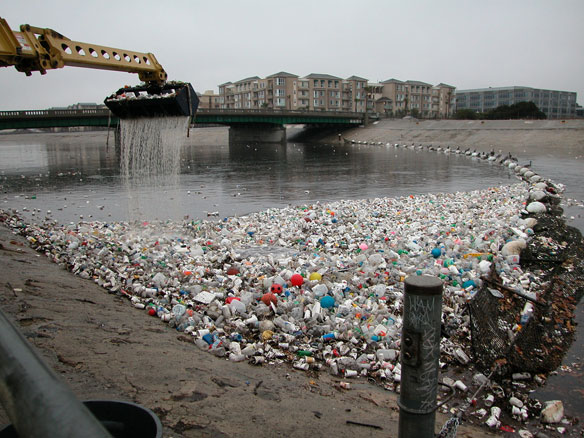HP Inc. says it will be eliminating 75 per cent of single-use plastic packaging by 2025, as part of its efforts to reduce environmental footprint.

The company restated the commitment in its just-released 2019 Sustainable Impact Report on Wednesday, June 24, 2020.
The report also highlighted the progress the company was making to drive diversity and inclusion as well as strengthening communities globally.
Enrique Lores, Chief Executive Officer and President of HP, said: “As part of the company’s commitments, our new goal is to eliminate 75 per cent of single-use plastic packaging by 2025 to support and drive a low-carbon, circular economy.’’
He said that efforts to make a sustainable impact on people, the planet and communities were integrated into HP’s business strategy, operations and had also become an increasingly important driver of customer purchasing decisions.
“HP’s sustainable impact efforts helped drive more than $1.6 billion in sales wins in 2019, an estimate of 69 per cent, reflecting the growing business imperative for companies to lead with purpose.
“The goal focuses on hardware unit packaging and is predicated on a move to moulded fibre packaging cushions.
“HP’s environmental packaging strategy aims to eliminate unnecessary plastics and materials of concerns wherever possible.
“For instance, in 2019, HP decided to eliminate power cord plastic ties and plastic document bags in hardware packaging,” he said.
Lores said that the company had also shifted to more recyclable, paper-based alternatives.
He noted that to accelerate the shift, the company was transitioning from plastic foam packaging cushions to those made with 100 per cent recycled, moulded pulp for HP’s notebooks, desktops and displays.
“The transition to moulded fibre personal systems packaging cushions eliminated 933 tonnes of hard-to-recycle expanded plastic foam last year.
“In printing, HP reduced plastic foam by 40 per cent and eliminated over 95 tonnes of material in 2019 just by redesigning the packaging of a printer model.
“In 3D printing, HP recently announced the availability of a new material called polypropylene (PP) that helps reduce waste by enabling up to 100 per cent reusability of surplus powder,” Lores said.
He added that HP had also sourced for more than 60 million bottles of ocean-bound plastic and launched the world’s first notebook, mobile workstation and enterprise Chromebook, made using ocean-bound plastics.
Lores said that asides from the environment, the company was also committed to diversity and inclusion at all levels by fighting racial inequality.
He noted that the company’s new goal was to double the number of African and African American executives in the company by 2025.
“The company’s Board of Directors continues to be the most diverse. Its workforce comprises of 42 per cent women and 58 per cent minorities.
“In 2019, 63 per cent of U.S. hires were from under-represented groups, including women, U.S. ethnicities, veterans and persons with disabilities.
“Globally, 40 per cent of HP hires in 2019 were women and the company’s Global Supplier Diversity programme spent $374 million with small and diverse suppliers including minority and women-owned businesses, contributing $698 million in overall economic impact.
“The HP Foundation pledged $500,000 to social justice organisations to confront and combat systemic racism and inequality in society,” he said.
By Funmilola Gboteku
